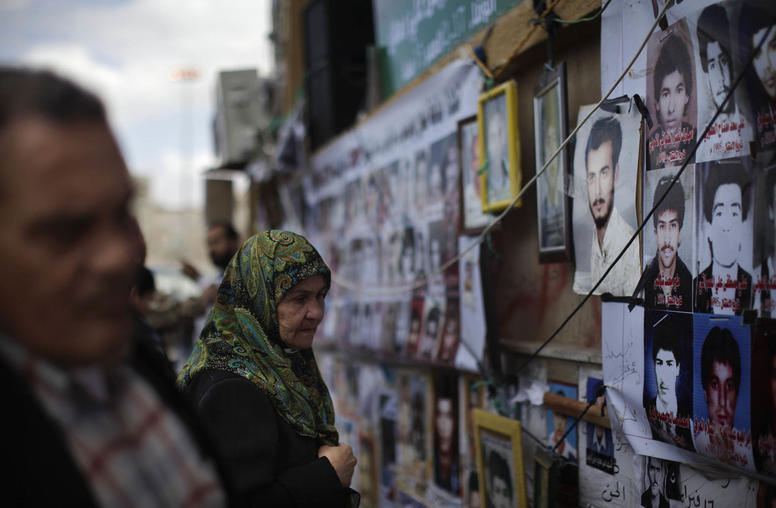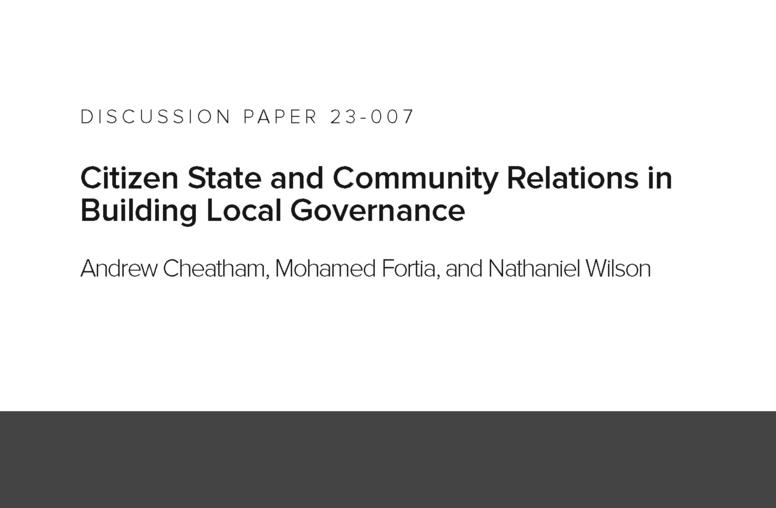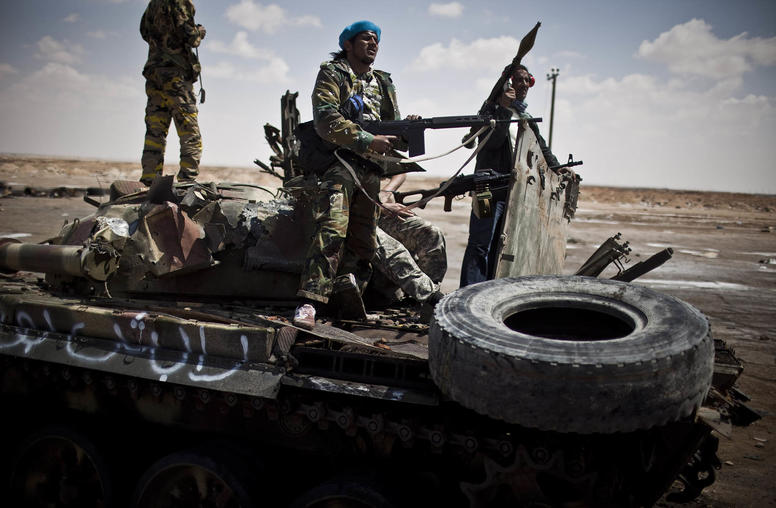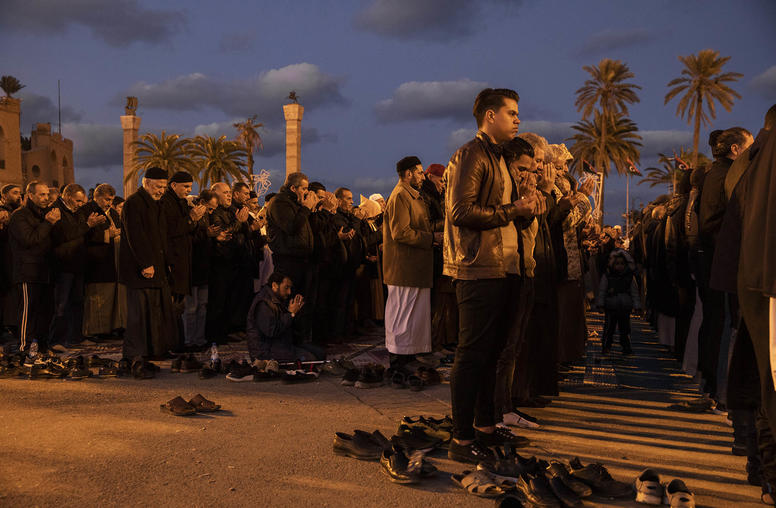During a regional visit to the Middle East, USIP’s Manal Omar visited Libya several times as part of the Institute’s engagement in support of the ongoing transition there. Omar is director of USIP’s Iraq, Iran, and North Africa Program.
During a regional visit to the Middle East, USIP’s Manal Omar visited Libya several times as part of the Institute’s engagement in support of the ongoing transition there. Omar is director of USIP’s Iraq, Iran, and North Africa Program.
As an adviser to the Libya Stabilization Team (LST), a team of committees formulated during the National Transitional Council’s struggle to oust former president Moammar Qaddafi, Omar worked to ensure their role of civil society in the nation-building process. The LST’s objective was to merge the committees into appropriate ministries within 30 days of Qaddafi’s departure. As a result, Omar has worked closely with the Ministry of Culture and Civil Society and with the Ministry of Capacity Building as the primary government counterparts for supporting the emerging Libyan civil society groups.
In addition to providing support to the transitional government, USIP has been working closely to support the development of an alliance of facilitators that would be able to respond rapidly to emerging local and community conflicts that may emerge during the time of transition. In November, USIP was among the sponsors of the first international conference on women’s issues that was organized by the Voice of Libyan Woman. The conference included high level international speakers and was attended by the Chairman of the National Transitional Council, Mustafa Abdel Jaleel and Libyan Prime Minister Al Keib.
During her latest trip, Omar was a speaker for the first TEDx event to take place in Tripoli on the role of women in the transition. Jason Gluck, a senior program officer in USIP’s rule of law Center of Innovation, was able to convene key stakeholders from government and civil society actors in a roundtable discussion of the key principles of constitution making.



